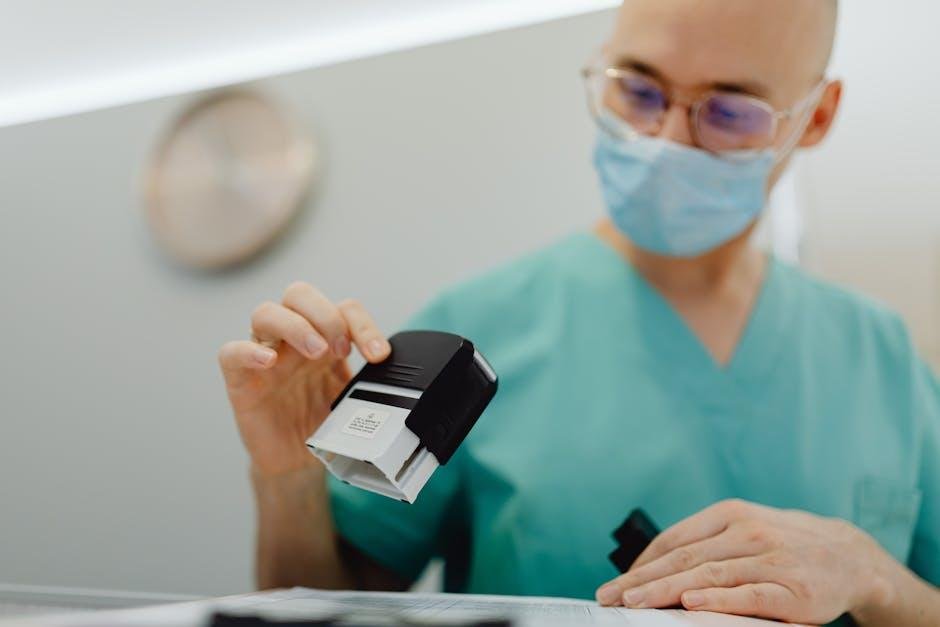In an age where consumer choices are abundant and the quest for value is more pronounced than ever, the allure of certified pre-owned cars has captured the attention of discerning buyers. But amidst the gleaming showrooms and obvious pricing, one pressing question looms large: Are these vehicles genuinely worth the extra cost? As we explore the world of certified pre-owned cars, we’ll delve into the essentials—what certification really means, the potential benefits, and the considerations that come with making this investment. By unraveling the layers of this increasingly popular option, we aim to guide you in making an informed decision that aligns with your needs and aspirations on the road ahead. buckle up; your journey into the realm of certified pre-owned vehicles is about to begin.
Understanding the Value Proposition of Certified Pre-Owned Vehicles
When considering a vehicle purchase, the value proposition of certified pre-owned (CPO) cars becomes vital in the decision-making process. these vehicles usually come with a meticulously checked history and have undergone rigorous inspections and repairs, ensuring they meet a manufacturer’s standard of reliability. The peace of mind associated with buying a CPO vehicle means you’re likely investing in a car that is often just as dependable as a brand-new model, but at a substantially lower price. This can create significant savings, allowing buyers to allocate their budget towards other essential expenses.
Moreover, certified pre-owned cars often include additional benefits and warranties that enhance their attractiveness. Typical perks may involve roadside assistance, extended warranties, and even perks such as free maintenance for a limited time. These added features can effortlessly turn a CPO vehicle into a smart financial choice over time. Below is a simple table highlighting key advantages of going the certified pre-owned route:
| Advantage | description |
|---|---|
| Inspections | Comprehensive multi-point checks to ensure quality. |
| Warranties | Extended coverage that protects against major repairs. |
| Lower Prices | Significantly more affordable than new cars. |
| Roadside Assistance | Support services to ensure driving peace of mind. |

Navigating the certification Process: What Buyers Should Know
Buying a certified pre-owned (CPO) vehicle can be a great investment, but navigating the certification process requires some understanding. To ensure that you are making an informed choice, it is essential to pay attention to the following aspects:
- Certification Standards: Different manufacturers have varying certification criteria. verify what inspections and conditions the car must meet to achieve CPO status.
- Warranty Coverage: CPO vehicles frequently enough come with extended warranties. Understand the specifics of the warranty: duration,coverage limits,and what might be excluded.
- Vehicle History: Always request the vehicle history report. This will highlight any accidents, title issues, or previous ownership details that could influence your decision.
- inspection Reports: Ask for documentation of the inspection process. A thorough inspection assures that the car was checked for any underlying mechanical issues.
Additionally, knowing how to assess a CPO program’s credibility will empower you as a buyer. Some reputable manufacturers offer third-party certifications that adhere to high industry standards. Here’s a quick overview of common features found in reliable CPO programs:
| Feature | Description |
|---|---|
| Comprehensive Inspection | A multi-point inspection that covers major systems and components. |
| Vehicle Warranty | Extensive coverage that extends beyond standard manufacturer warranties. |
| Roadside Assistance | Support services for emergencies like flat tires or dead batteries. |
| Return Policy | A money-back guarantee if the buyer isn’t satisfied within a set period. |

Comparing Costs: Certified Pre-Owned vs. Traditional Used Cars
when weighing your vehicle options, it’s crucial to consider the financial implications of both Certified Pre-Owned (CPO) and traditional used cars. While CPO vehicles come with warranties and other benefits, they also typically command a higher price tag. Here are some factors to keep in mind:
- Initial Purchase Price: CPO cars are generally priced 10-15% higher than their traditional used counterparts due to added inspections,certifications,and warranties.
- Maintenance and Repairs: CPO programs often include a limited warranty, which can save you costs on repairs in the first few years, whereas traditional used cars may lack such protection.
In making a comparative analysis, consider your budget and long-term costs. Here’s a simplified breakdown of anticipated expenses:
| Type of Vehicle | CPO Vehicle | Traditional Used Car |
|---|---|---|
| Average Price | $25,000 | $22,000 |
| Warranty Coverage | Up to 7 years | No Warranty |
| Typical Maintenance Costs (1st 2 years) | Low (covered under warranty) | Variable (out-of-pocket) |
Ultimately, the choice between a CPO vehicle and a traditional used car boils down to your personal priorities—are you willing to invest a little more upfront for peace of mind, or would you prefer to save on the initial purchase and possibly face higher maintenance costs down the road?

Long-Term Benefits: Assessing Reliability and Resale Value
When considering a certified pre-owned (CPO) vehicle, it’s essential to evaluate the long-term benefits. CPO programs often include extensive inspections and reconditioning processes that enhance a car’s reliability. With manufacturers backing their CPO vehicles, buyers can rest assured that the vehicle has met strict quality standards. This reliability translates into fewer repair issues down the road, saving drivers both time and money. Factors contributing to improved reliability include:
- Thorough Inspections: Multi-point checks that address mechanical and cosmetic aspects.
- Extended Warranties: added peace of mind with coverage for several years.
- Roadside Assistance: Extra help during emergencies enhances overall ownership experiance.
In addition to reliability, certified pre-owned cars tend to maintain a higher resale value compared to non-certified counterparts. Buyers are frequently enough willing to pay a premium for the assurance provided by CPO status. When it comes time to sell or trade in the vehicle, CPO cars can command a significantly better price in the marketplace.A quick comparison illustrates the resale value benefits:
| Vehicle Type | Average Resale Value (%) |
|---|---|
| Certified Pre-Owned | 65% |
| Non-Certified | 50% |
Final Thoughts
the decision of whether to invest in a certified pre-owned car ultimately hinges on your unique circumstances and priorities. While the extra cost may seem daunting at first, the peace of mind and additional benefits that accompany a CPO vehicle can often outweigh the initial price tag. From thorough inspections and extended warranties to a greater selection of lightly-used models, these cars offer a blend of affordability and assurance that many buyers find irresistible.
As you navigate the car-buying journey, it’s essential to weigh the potential advantages against your budget and needs. Whether you prioritize reliability, value, or specific features, understanding the nuances of certified pre-owned vehicles can empower you to make a choice that aligns with your lifestyle. Ultimately, the road ahead is yours to drive—so take the time, do the research, and discover if a certified pre-owned car is the right fit for you.Safe travels!


